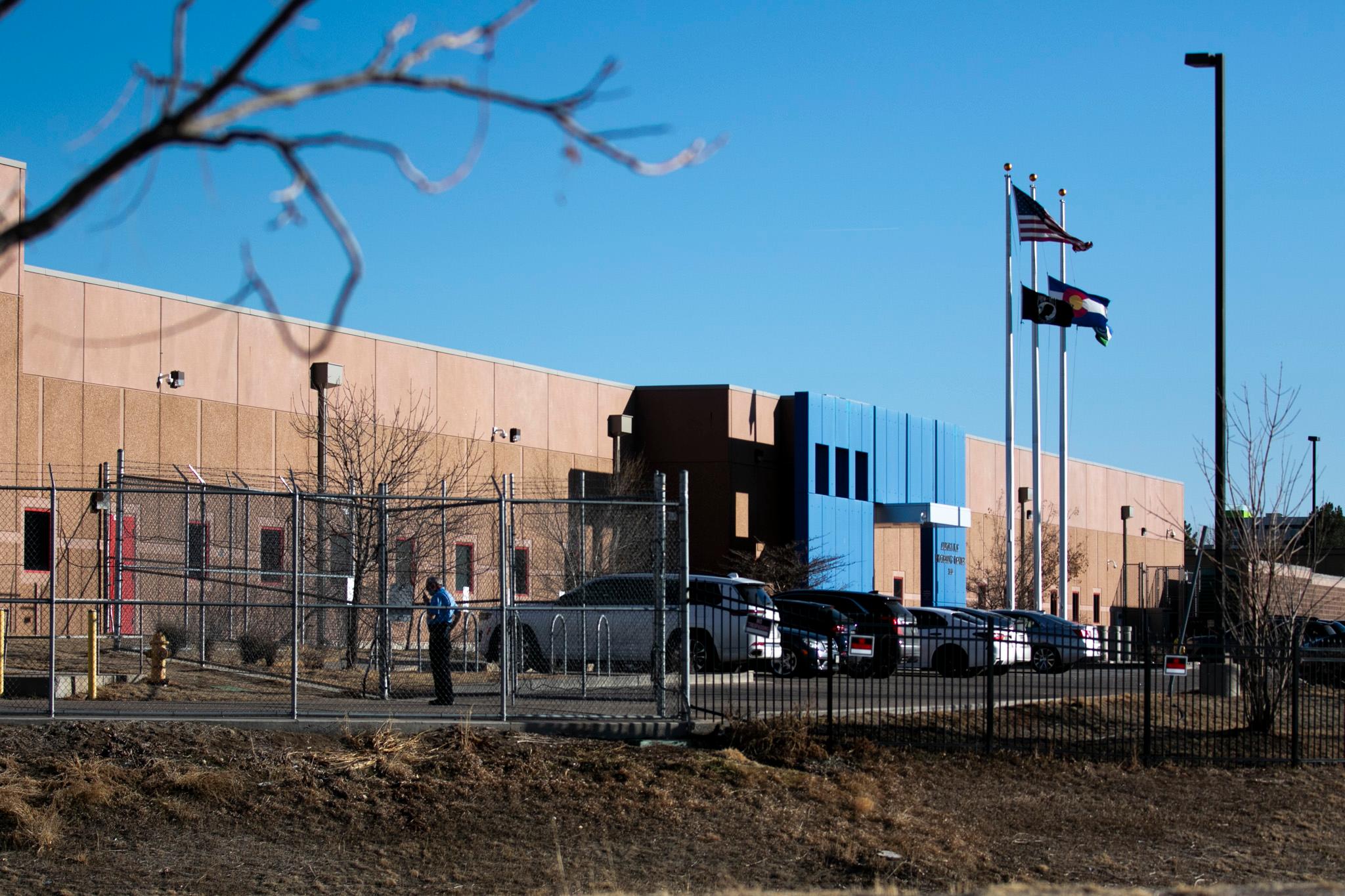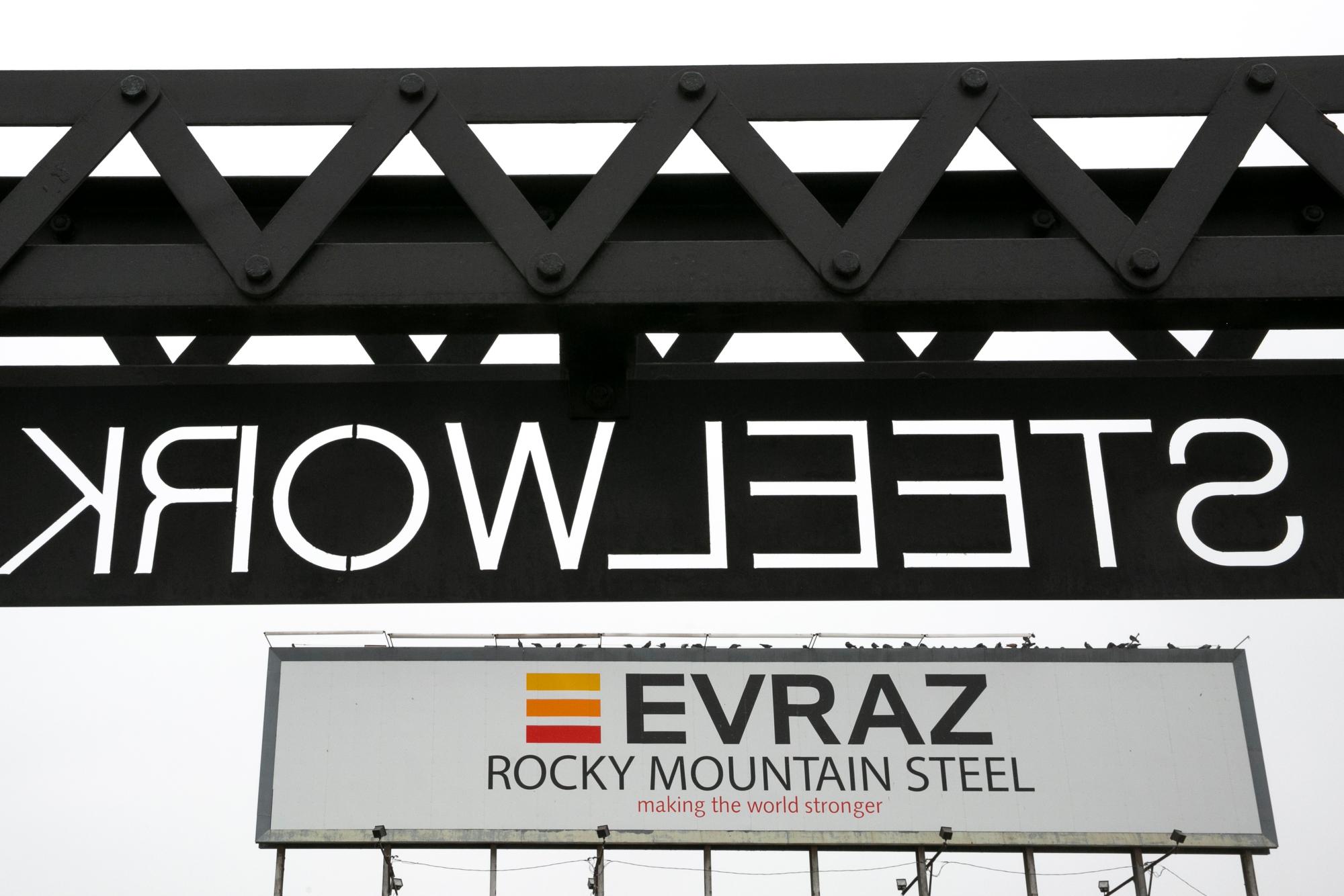
Gov. Jared Polis and state legislative leaders will wait at least a year to consider legislation to speed up Colorado’s transition to using 100 percent renewable energy amid pushback from business groups, utilities, and labor unions.
CPR News obtained a draft copy of the legislation in early April. If enacted, the plan would have required Colorado’s investor-owned utilities — Xcel Energy and Black Hills Energy — to eliminate climate-warming emissions associated with electricity production by 2040, a decade sooner than currently required under state law.
It also would have provided some flexibility if power companies couldn’t hit the deadline without sharply increasing energy bills or compromising grid reliability.
Environmental groups supported the proposal, calling it one way Colorado could stand up to President Trump’s efforts to derail wind and solar development. Meanwhile, a coalition of power providers, tradegroups, and local governments warned that policymakers need more time to consider a plan to reshape the state’s energy future.
With less than two weeks left in the legislative session, the draft would have required special “late bill status” to receive formal consideration from lawmakers. That now seems unlikely to happen. In an emailed statement, House Speaker Julie McCluskie said there simply wasn’t enough time to consider the policy and gather input.
“I support moving faster to meet our climate goals, and I look forward to continuing this conversation in the interim and next session,” McCluskie said.
Gov. Polis also suggested lawmakers wouldn’t consider a bill this year. At an Earth Day event at Cherry Creek State Park on Tuesday, the governor signed an executive order to accelerate the state’s efforts to cut its climate-warming emissions in part by electrifying its state-owned vehicles and lawn maintenance equipment.
CPR News asked the governor about the behind-the-scenes clean energy debate after the press conference. Gov. Polis said the state has made progress towards his long-time campaign promise to power Colorado with 100 percent clean energy by 2040. At the same time, he rebuffed any suggestion that his administration was pushing legislation to cement the goal into law in the next few weeks.
“I don’t think there’s a bill this session,” Gov. Polis said.
The news came as a relief to opponents working to delay the legislation. After learning about the draft proposal, Sarah Blackhurst, the CEO and president for Action 22 — an advocacy group representing counties in southern Colorado — organized a letter asking legislative leaders not to consider the bill so late in the legislative session. More than 60 organizations and businesses co-signed the letter, including Xcel Energy and Black Hills Energy.
“We’re really pleased they heard what we were trying to express and they acted accordingly,” Blackhurst said.
Blackhurst hopes future versions of the policy provide more support for nuclear power. While the governor signed a bill this year reclassifying nuclear as “clean” last month, the energy source wasn’t specifically mentioned in the draft 2040 clean energy bill.
Alana Miller, a climate and clean energy policy director for the Natural Resources Defense Council, said utilities shouldn’t have been surprised by the draft legislation circulated last month. She said a similar framework has been discussed for three years, and expects a formal bill will appear before lawmakers in 2026.
“I’m hopeful we can find a pathway forward,” Miller said. “Especially facing federal headwinds against renewables and emissions reductions, it’s important for Colorado to continue being a leader in this space.”
- Hot springs at risk? A plan for Colorado’s first geothermal power plant runs into heated opposition
- Trump signs executive order targeting state climate laws, but Colorado vows to continue pursuing its climate goals
- Gov. Jared Polis pushing last-minute bill to accelerate Colorado’s shift to renewable energy
- In Colorado, U.S. Energy Secretary Chris Wright says climate change alarmism has hurt energy development
Funding for public media is at stake. Stand up and support what you value today.








